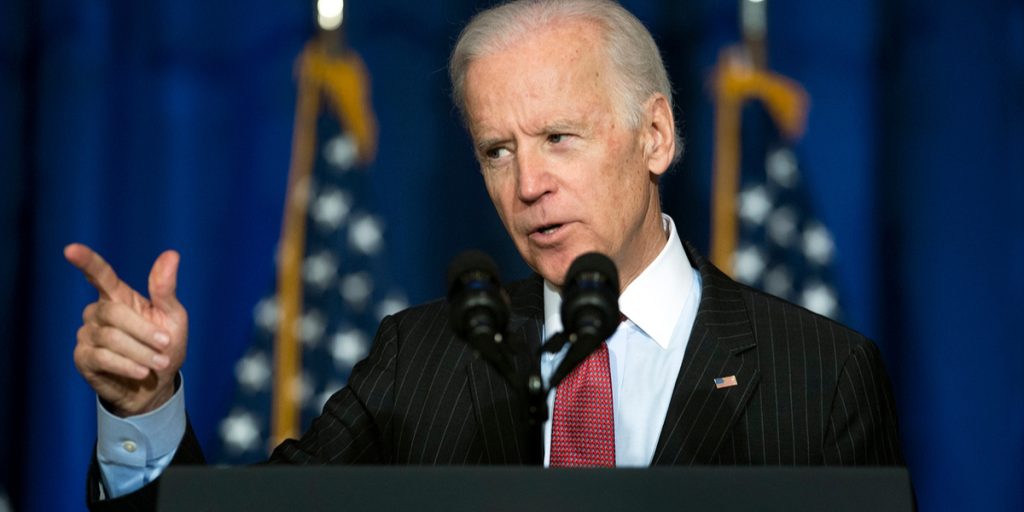Others are reading now
In light of the escalating violence in the Israel-Hamas war, now in its third week, President Joe Biden is fervently calling on leaders in the region to profoundly deliberate on their future after the war concludes.
He is advocating for a two-state solution to the Israel-Palestinian conflict, urging that it should be a central focus in the postwar period.
“There’s no going back to the status quo as it stood on Oct. 6,” Biden stated during a press briefing, referring to the day before the conflict ignited due to an attack by Hamas militants on Israel.
The President has directly communicated this perspective to Israeli Prime Minister Benjamin Netanyahu during a phone call earlier this week.
Also read
Biden emphasizes that, “It also means that when this crisis is over, there has to be a vision of what comes next, and in our view it has to be a two-state solution.”
The pursuit of a two-state solution, which envisions Israel co-existing peacefully alongside an independent Palestinian state, has been a long-standing, albeit elusive goal for numerous U.S. presidents and Middle East diplomats.
This objective has been on hold since the collapse of the last American-led peace talks in 2014, which broke down due to disagreements over Israeli settlements, the release of Palestinian prisoners, among other contentious issues.
While President Biden did not extensively address Palestinian statehood early in his administration, he did reiterate the U.S.’s longstanding support for it during a visit to the West Bank last year, even though he remarked that conditions were not conducive for peace talks at that time.
Currently, as concerns grow that the conflict may broaden into a regional war, Biden is underlining the imperative of working towards a Palestinian state once the violence ceases.
This renewed emphasis represents a shift from Biden’s earlier focus on normalizing relations between Israel and its Arab neighbors rather than restarting peace talks.
Notably, National Security Adviser Jake Sullivan’s recent essay, penned just before the conflict’s outbreak on Oct. 7, did not mention Palestinian statehood but was later updated to express the administration’s commitment to a two-state solution.
Numerous challenges stand in the way of achieving this vision. For instance, an independent Palestinian state encompassing the West Bank and Gaza is currently deemed unfeasible by Israel’s far-right government.
The Palestinian Authority, in charge of the West Bank, struggles with credibility issues among its populace, and the looming U.S. presidential election in 2024 might render Biden a less effective mediator.
Despite these challenges, the White House acknowledges the ambitious nature of Biden’s call for a two-state solution, understanding that it might not be attainable in the short term.
However, they believe it is crucial to convey hope and affirm the administration’s support for a Palestinian state.
This call for statehood comes at a time of increasing frustration from Palestinian American groups, Muslim advocacy organizations, and some fellow Democrats, who feel Biden’s staunch support for Israel is disproportionate given the rising Palestinian death toll and worsening humanitarian crisis in Gaza.
While Biden has expressed concern for civilians in Gaza, his commitment not to dictate Israeli military operations could complicate his position as a neutral mediator.
During a recent private meeting with U.S. Muslim leaders, the President was urged to call for a cease-fire, highlighting concerns that his stance could impact his credibility and electoral prospects in 2024, especially with Arab American and Muslim voters.
As the situation continues to unfold, Biden’s renewed push for a two-state solution marks a significant moment in his administration’s Middle East policy, even as the feasibility and timing of such a vision remain uncertain.

